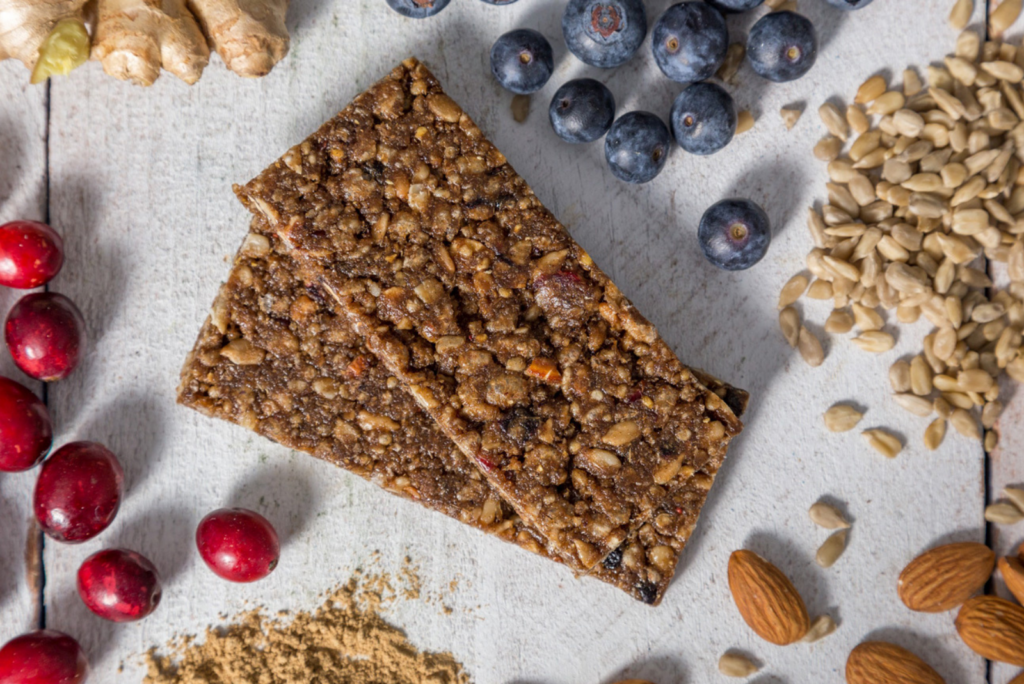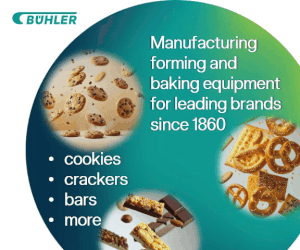This column is part of our Last Word series, which invites noted professionals to provide closing thoughts at the end of each issue of Commercial Baking. See the full issue here.
—
 DENVER, CO — Bakers today have a distinct need to keep up with consumer demand for sustainable products, sparking a booming movement with upcycled food and ingredients. Simply put, “upcycle” means minimizing food waste by creating new products out of otherwise wasted ingredients.
DENVER, CO — Bakers today have a distinct need to keep up with consumer demand for sustainable products, sparking a booming movement with upcycled food and ingredients. Simply put, “upcycle” means minimizing food waste by creating new products out of otherwise wasted ingredients.
Upcycling prevents global food waste, which tops 30% of all food produced and is the leading contributor to global warming, according to Project Drawdown. On top of that, there’s no opposition; more than 99% of consumers think reducing food waste is important, according to a recent study by Mattson.
Think of upcycling as a win-win-win opportunity — good for consumers, good for the environment and good for the bottom line — with two ways to leverage it.






